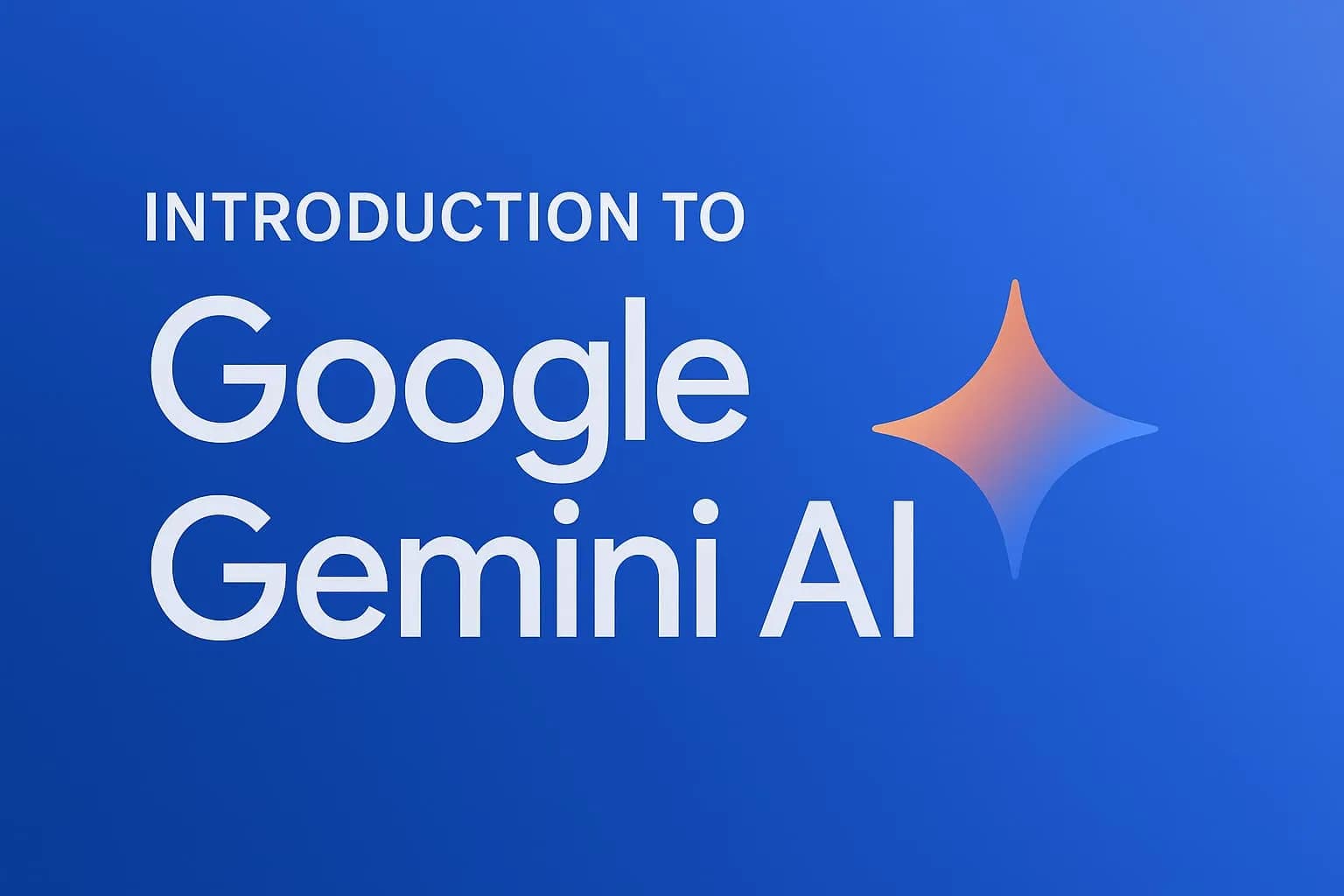Introduction to Google Gemini AI
Google Gemini, formerly known as Bard, is an advanced conversational AI system developed by Google DeepMind, rebranded in February 2024 to reflect its evolution into a family of multimodal AI models. Launched initially in 2023, Gemini integrates text, images, audio, and other data types, leveraging Google's vast ecosystem, including Search, Gmail, Docs, and Maps. By August 2025, Gemini 2.5, including models like Gemini 2.5 Pro and Gemini 2.5 Flash, represents Google's cutting-edge AI, excelling in tasks like content generation, coding, data analysis, and real-time information retrieval.
Gemini's strength lies in its seamless integration with Google's infrastructure, offering up-to-date information and robust multimodal capabilities. Unlike Claude AI by Anthropic, which emphasizes safety, Gemini prioritizes scalability, speed, and versatility for a global audience.
Powers and Key Features of Google Gemini AI
Gemini 2.5, released in mid-2025, introduces a multi-agent architecture, allowing parallel reasoning for complex tasks. Its key features include:
- A massive 1-million-token context window, surpassing most competitors, enabling analysis of entire codebases or lengthy documents.
- Multimodal processing: Handling text, images, audio, and video for tasks like extracting text from images or generating multimedia content.
- Real-time internet access, providing up-to-date information for research, trend analysis, or fact-checking.
- Advanced coding support through tools like Vertex AI Code Assist, offering syntax autocomplete, debugging, and repository analysis.
- Integration with Google Workspace (Gmail, Docs, Sheets) for seamless productivity, such as summarizing emails or analyzing spreadsheets.
- Support for over 40 languages, making it ideal for global businesses.
These capabilities position Gemini as a powerhouse for dynamic, data-rich tasks, particularly in fast-paced environments.
Differences Between Google Gemini and Claude AI (Anthropic)
While both Gemini and Claude AI are leading generative AI models, they differ significantly in design, capabilities, and focus:
Gemini is suited for versatile, multimedia-driven tasks, while Claude excels in safety-critical, text-heavy applications. For a deeper look at Claude, see our Claude AI analysis.
- Mission and Focus: Gemini, built by Google DeepMind, emphasizes scalability, multimodal integration, and Google ecosystem synergy, targeting broad accessibility and productivity. Claude, developed by Anthropic, prioritizes safety and ethical alignment, aiming for reliable, interpretable AI systems.
- Safety and Ethics: Claude employs Constitutional AI, using human-voted ethical rules to minimize biases and harmful outputs, often refusing unsafe requests. Gemini uses Google's safety frameworks, which are less rigid, prioritizing user flexibility but potentially allowing more risks.
- Model Capabilities: Gemini excels in multimodal tasks (text, images, audio, video) and real-time data access, making it ideal for dynamic applications. Claude is stronger in text-based tasks, coding, and long-context processing (200,000 tokens vs. Gemini's 1M), but lacks image/video generation.
- Pricing and Accessibility: Gemini offers a free tier and premium plans (e.g., Gemini Advanced at $20/month), with API pricing at $1.50-$7.50/1M tokens. Claude’s API is cheaper for large inputs ($3/1M for Sonnet), but Gemini’s free access and Google integrations make it more accessible.
Applications of Google Gemini AI in Various Businesses
Gemini’s advanced features make it a transformative tool across industries, driving efficiency and innovation. Key applications include:
- Marketing and Content Creation: Generating creative content, optimizing SEO Services, and crafting multilingual campaigns for global reach.
- E-commerce and Retail: Enhancing eCommerce Solutions by analyzing customer data, generating product visuals, and personalizing shopping experiences.
- Software and Tech: Supporting code analysis, debugging, and MVP Development, as well as improving UI/UX Design with interactive prototypes.
- Mobile and Web Development: Streamlining Mobile App Development and Web Development through code generation and Enterprise-Grade Web Ecosystem Cultivation for scalable platforms.
- Data-Driven Industries: Analyzing large datasets for finance, logistics, or retail, and supporting Bespoke Web Informatics Construction for custom data solutions.
- Education and Research: Summarizing documents, conducting real-time research, and integrating with Google tools for collaborative learning.
By leveraging Gemini, businesses can enhance productivity and innovation, making it a cornerstone for modern digital innovation. For comparison, explore how Claude AI serves similar industries.
